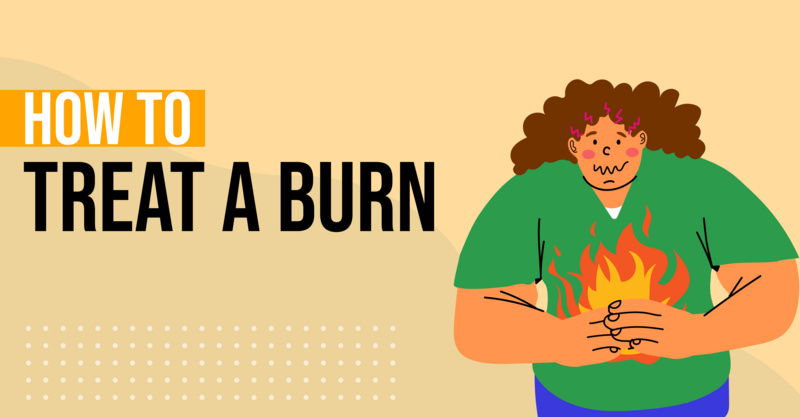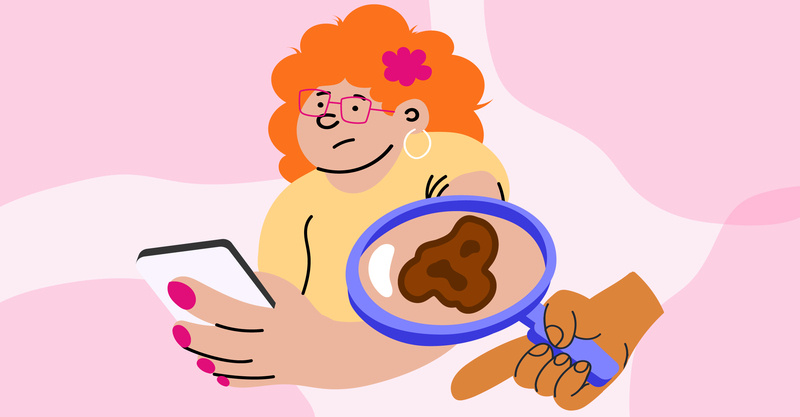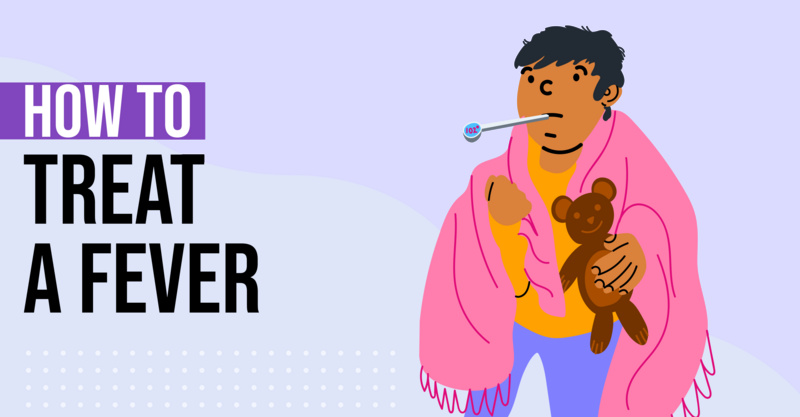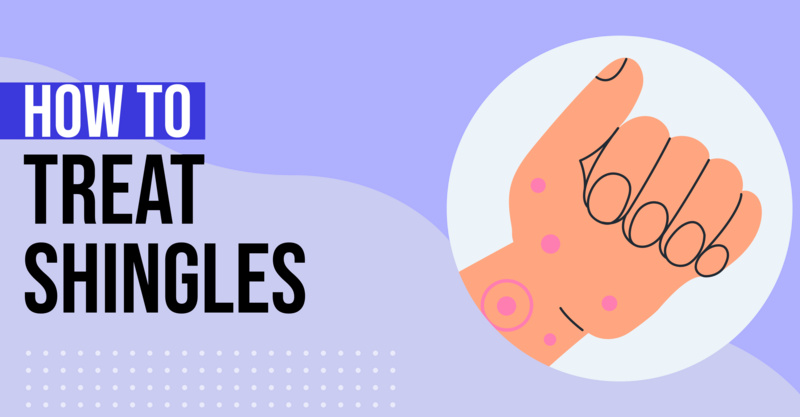Key Points
- The article outlines various home remedies for sunburns, including cool baths, damp washcloths, and application of oatmeal or baking soda to soothe skin.
- Aloe vera and over-the-counter burn creams are suggested for pain relief and skin healing, along with loose clothing, hydration, and moisturization.
- The article advises against the use of certain home remedies like ice, butter, oil, egg whites, retail honey, and toothpaste on sunburns as they can worsen the condition.
- It provides guidance on when to seek medical help for severe sunburns, based on certain signs.
- The article emphasizes the importance of sunburn prevention, recommending sunscreen, protective clothing, and staying in the shade.
When you’re outside having fun the last thing many people think about is when the last time they applied sunscreen was, or whether their sunscreen is water-proof or not. That’s why it’s so easy to end up with a sunburn—and if you’re reading this, it’s probably what you or a loved one is dealing with right now.
Once you're out of the sun and cooled off, it’s time to start treating your sunburn. This is important for not only your comfort but also to help you heal quickly. There are a variety of things you can do at home that can help ease your discomfort and promote healing—read on for our list of the most effective home treatments we could find.
Home Treatments for Sunburns
1. Stay Cool
Even after you’re shaded from sunlight, your sunburn can keep burning for a while according to the Cleveland Clinic. Getting and staying cool can help stop the burning and soothe the initial pain. Do this by taking a lukewarm (not cold) bath or shower (whatever you can tolerate), or by laying cool damp washcloths over the sunburned areas of skin.
2. Take an Oatmeal or Baking Soda Bath
Oatmeal and baking soda are both known to help soothe skin irritation, including sunburns, according to Healthline. You can add 1 cup of Oatmeal or 1 cup of baking soda to a lukewarm bath, or you can try putting a baking soda paste over the burned area of skin (this works well if you have a small area of sunburn). To make a paste, mix 1/4 cup of baking soda with a few drops of water.
3. Use Aloe Vera
Aloe vera is commonly used to relieve sunburn pain and help promote skin healing, according to Healthline. You can usually find aloe vera in the medication aisle of your grocery store, or at a retail pharmacy such as Walgreens or CVS. Healthline recommends following the instructions on the label for applying it to your skin.
4. Try Topical Burn Creams
Some burn creams are available over the counter for mild burns, including sunburns. GoodRX Health notes that you can find over-the-counter burn creams at most retail pharmacies.
5. Use Vinegar
Healthline lists vinegar as another home-treatment option for sunburns. They note that vinegar can have a cooling effect on the skin, which can provide relief from sunburn pain.
6. Wear Loose Clothing
Clothing can be uncomfortable when you have a sunburn, Healthline recommends wearing loose clothing as much as possible to reduce the amount of friction against the skin.
7. Keep Hydrated and Well-Moisturized
Another important thing you can do to help your skin heal after a sunburn is to keep it moisturized and stay well hydrated. The Cleveland Clinic recommends that you drink plenty of water or sports drinks to stay hydrated, and apply a moisturizer to your skin several times a day after your sunburn is a few days old (your skin may be too sensitive for moisturizer for the first couple of days after getting a sunburn). They also note that you should use a fragrance-free moisturizer or a moisturizer that is formulated for sensitive skin.
8. Protect Your Healing Skin
To help your skin recover from a sunburn, the Cleveland Clinic notes that it is important to stay out of the sun as much as possible and wear protective clothing when you do go outside. You should also avoid using harsh soaps or exfoliants on your skin, as these can further irritate the affected area.
9. Peel Naturally
Within a few days of getting a sunburn, you may notice that your skill is peeling in some areas. This is your body’s way of ridding itself from the damaged skin, according to the Mayo Clinic. They note that you should continue to use moisturizer during this time, as well as treat your peeling skin with gentle care (allow the skin to peel naturally, don’t pick at it or use exfoliating products). Do not ‘pop’ any small blisters. Allow them to heal naturally. Larger blisters should be evaluated by a healthcare provider.
10. Don’t Put These Things on a Sunburn
The internet is full of tips and tricks for almost everything, including burns. But some things may do more harm than good. GoodRX Health notes a few things that you should avoid putting on a sunburn:
- Ice - Ice may cause more pain, so use cool or lukewarm water
- Butter or oil - GoodRX Health notes that fats like butter and oil can trap heat, which may make your burn feel worse
- Egg whites - Raw egg whites can carry dangerous bacteria like salmonella, according to GoodRX Health, so you should avoid putting this on any injury, including a sunburn
- Honey - There is some evidence that medical-grade honey can help with minor burns, but the honey that is sold at retail stores or farmers markets is not the same, according to GoodRX Health.
- Toothpaste - GoodRX Health notes that compounds in toothpaste like fluoride and whiteners can cause more irritation.
When to See a Doctor About a Sunburn
In most cases, sunburns can be treated at home. However, in some cases, sunburns can be severe enough to require medical attention. Here are some signs that indicate you should seek urgent care, according to the Mayo Clinic:
- Develop any large blisters
- Develop blisters on the face, hands, feet or genitals
- Experience severe swelling of the sunburned area
- Show signs of infection, such as blisters with pus or red streaks
- Your sunburn symptoms get worse despite at-home care
- Have any eye pain or vision changes
- Have a fever or vomiting
- Experience confusion
- Have signs of an infection
- Start having symptoms of dehydration
- Experience any dizziness or faintness
Signs and Symptoms of ‘Sun Poisoning’
“Sun poisoning” is a term sometimes used to describe a severe sunburn, according to WebMD. They list the symptoms of sun poisoning as follows:
- Skin redness and blistering
- Pain and tingling
- Swelling
- Headache
- Fever and chills
- Nausea
- Dizziness
- Dehydration
WebMD also notes that you should seek immediate medical attention if you have any symptoms of ‘sun poisoning’.
Sunburn Prevention
Being outside comes with a lot of great benefits like staying active, improving mental health, and getting adequate vitamin D. But there are some dangers when you’re in the sun for too long. UV rays are invisible rays that come from the sun (as well as tanning beds and sunlamps) and can damage skin cells, according to the CDC. They also note that damaged skin cells can lead to age spots, wrinkles, and skin cancer. The CDC offers these tips for protecting your skin from these harmful rays:
1. Use Sunscreen
Applying sunscreen is the most effective way to prevent sunburn, according to the CDC. They recommend choosing a sunscreen that filters both UVA and UVB rays (the term “broad spectrum” refers to this) and that has an SPF of at least 15. They also note that you should apply it generously to all exposed skin. Reapply the sunscreen as often as the instructions recommend, with careful attention to reapplication if you are outside for more than a couple of hours or in water.
Combining sunscreen with other options like protective clothing will increase your chance of avoiding sunburn, according to the CDC.
2. Wear Protective Clothing and Accessories
Wearing protective clothing and accessories (like hats and sunglasses) can also help prevent sunburn, according to the CDC. Wearing a wide-brimmed hat will protect your face, neck, and ears—while sunglasses with UV protection will protect your eyes from the sun's harmful rays.
3. Stay in the Shade
If you are spending time outdoors, the CDC recommends that you try to stay in the shade as much as possible. If you are at the beach or pool, take frequent breaks in the shade or under an umbrella.
Recap of Key Points
To prevent sunburn, the CDC recommends that you limit your time in the sun and generously use sunscreen when you are out in the sun. Clothing, hats, and sunglasses will also help you avoid sunburn. If you do find yourself with a sunburn, follow these tips to get relief from your symptoms and promote healing:
- Apply cool compresses or take lukewarm baths or showers to cool your sunburned skin
- Use aloe vera, vinegar, or over-the-counter burn creams to soothe your burned skin. Oatmeal baths may also help.
- Wear loose clothing to avoid friction against your sensitive skin
- Allow your skin to peel naturally
Frequently asked questions
What home remedies can be used to treat sunburns?
Cool baths, damp washcloths, oatmeal, baking soda, aloe vera, and over-the-counter burn creams can be used to soothe and heal sunburned skin.Are there any home remedies that I should avoid using on sunburns?
Yes, you should avoid applying ice, butter, oil, egg whites, retail honey, and toothpaste on sunburns as these can cause further harm.How can I aid skin healing after sunburn?
You can aid skin healing by wearing loose clothing to reduce friction, staying hydrated, moisturizing your skin, and avoiding the sun.When should I seek medical attention for a sunburn?
You should seek medical attention if you experience severe symptoms such as blistering over a large portion of your body, high fever, severe pain, dehydration, or confusion.What are some ways to prevent sunburn?
Sunburn can be prevented by using sunscreen, wearing protective clothing, and staying in the shade whenever possible.
Solv has strict sourcing guidelines and relies on peer-reviewed studies, academic research institutions, and medical associations. We avoid using tertiary references.

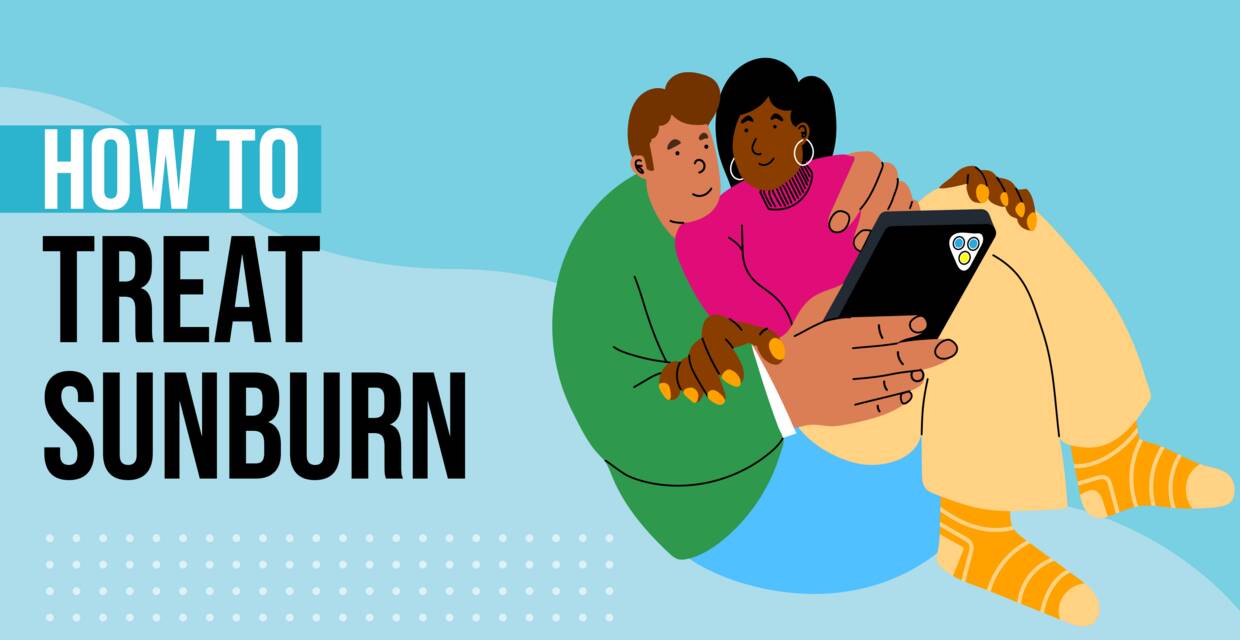
 LinkedIn
LinkedIn


